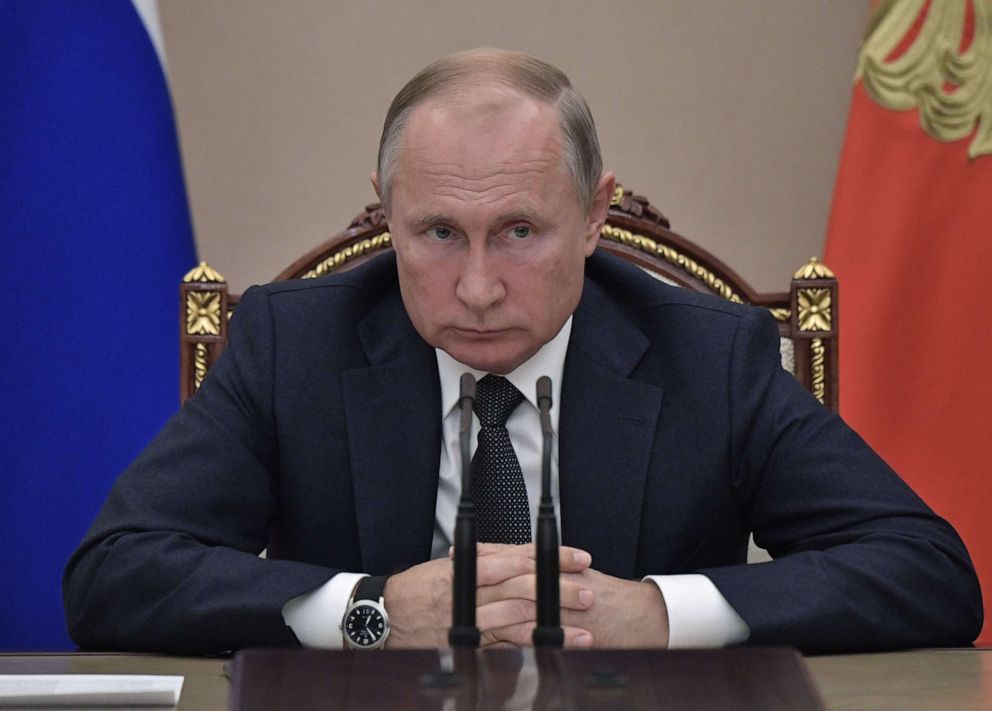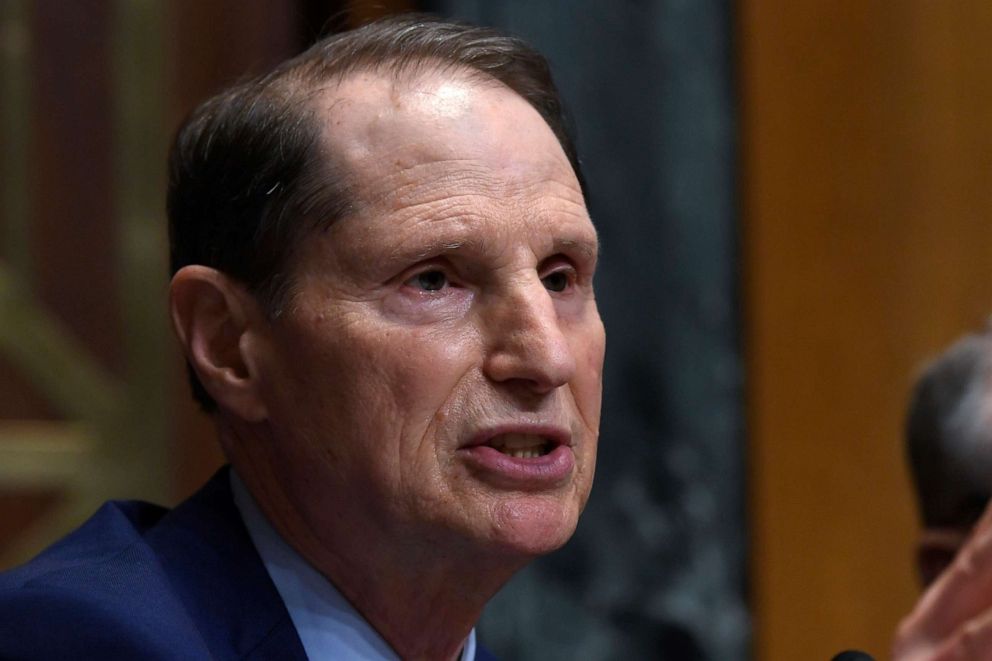Senate committee report criticizes FBI for not warning about Russian 2016 election meddling
The FBI knew Russians were meddling in the election and didn't issue a warning.
Key findings from a new Senate Committee report published Tuesday state what has already been known: Russian trolls interfered in the 2016 election to help Donald Trump. But the report also details new information regarding the FBI’s handling of the 2016 interference and suggestions on how to combat the same problem in 2020.
Russians hackers at the Internet Research Agency (IRA) in St. Petersburg sought to undermine Hillary Clinton’s campaign, but the report also outlines how they helped discredit Trump’s opponents in the Republican primary race, including Sen. Ted Cruz and former Gov. Jeb Bush. The report cites the testimony of former FBI agent Clint Watts, who said the IRA "may have helped sink the hopes of candidates more hostile to Russian interests long before the field narrowed."
The other key finding in the report states that African Americans were targeted more than any other group and the disinformation was mainly directed at race issues. Previous reports have already detailed much of this information to the public. Back in September 2017, CNN exposed a black rights Facebook account that was actually linked to Russia -- yet had more followers than the official Black Lives Matter account.
The report is damning in the FBI’s handling of what knowledge they had of Russia’s meddling prior to the 2016 election. The report finds it "troubling" that in October 2016, a month before the election, rather than investigating themselves, the FBI tasked a contractor with analyzing a pro-Russian network that promoted U.S. election-related news and leaked Democratic party emails published by WikiLeaks.

"The apparently outsourced nature of this work is troubling: it suggests FBI either lacked resources or viewed work in this vein as not warranting more institutionalized consideration," the Senate Intelligence Committee report states.
The FBI is also criticized for not immediately alerting Twitter about these accounts. One of the Twitter accounts in question was flagrantly called @TeamTrumpRussia and the 13 accounts cited in the report had a combined following of more than 1.5 million Twitter users -- yet no warning was issued.
The 84-page report goes into detail about how the IRA operated and the techniques it used, but also warns of the persistent and incoming threat in 2020. It praises social network companies for the efforts they have made to combat misinformation and disinformation, despite pointing out that bad actors are simply changing their tactics to overcome the roadblocks that have been put in place. Some have taken information warfare from public platforms, like Facebook and Twitter, to private messaging platforms, like WhatsApp, WeChat and Telegram,according to the findings.
"These direct interactions are much harder to detect and if these tactics are scaled, they could have a significant effect on target audiences," the report warns.

The report also shows concern for deepfakes, sophisticated technology that manipulates video to trick viewers into thinking it's real.
"Although these capabilities are relatively nascent, they are being perfected at a pace that eclipses the effort to create the technology for detecting and mitigating fraudulent media content," the report says.
The committee suggests dramatic steps that can be taken to combat the problem.
The report recommends that social media companies flag bot accounts to users; provide more context for users about why they see certain content; disclose the country the content was created in; and expose all disinformation campaigns in a timely manner.
It also calls on the president to set up an interagency task force to continually monitor and assess foreign country's use of social media platforms for democratic interference. Another suggestion is the establishment of a public service announcement campaign to inform people of these threats to elections.
Congress is urged to examine legislative approaches to ensure that Americans know the sources of online political advertisements, but Sen. Ron Wyden, D-Ore., points out that these restrictions would not apply to custom-targeted campaigns and he calls for the suspension of all targeted campaigns.
"Until Facebook, Google, and Twitter have developed effective defenses to ensure that the micro-targeting systems cannot be exploited by foreign governments to influence American elections, these companies must put the integrity of American democracy over their profits," Wyden says in the report.

He suggests that the Federal Trade Authority should set the rules for data privacy and be given the power to fine companies that are in violation of those rules.
His comments also suggest criticism of the FBI when he states that the intent of the Russians was not made public before the 2016 elections.
"A dear lesson from 2016 is that the U.S. public needs information about influence campaigns prior to the election itself," Wyden says. "That includes information about U.S. adversaries' attempts to undermine some candidates while assisting others."




